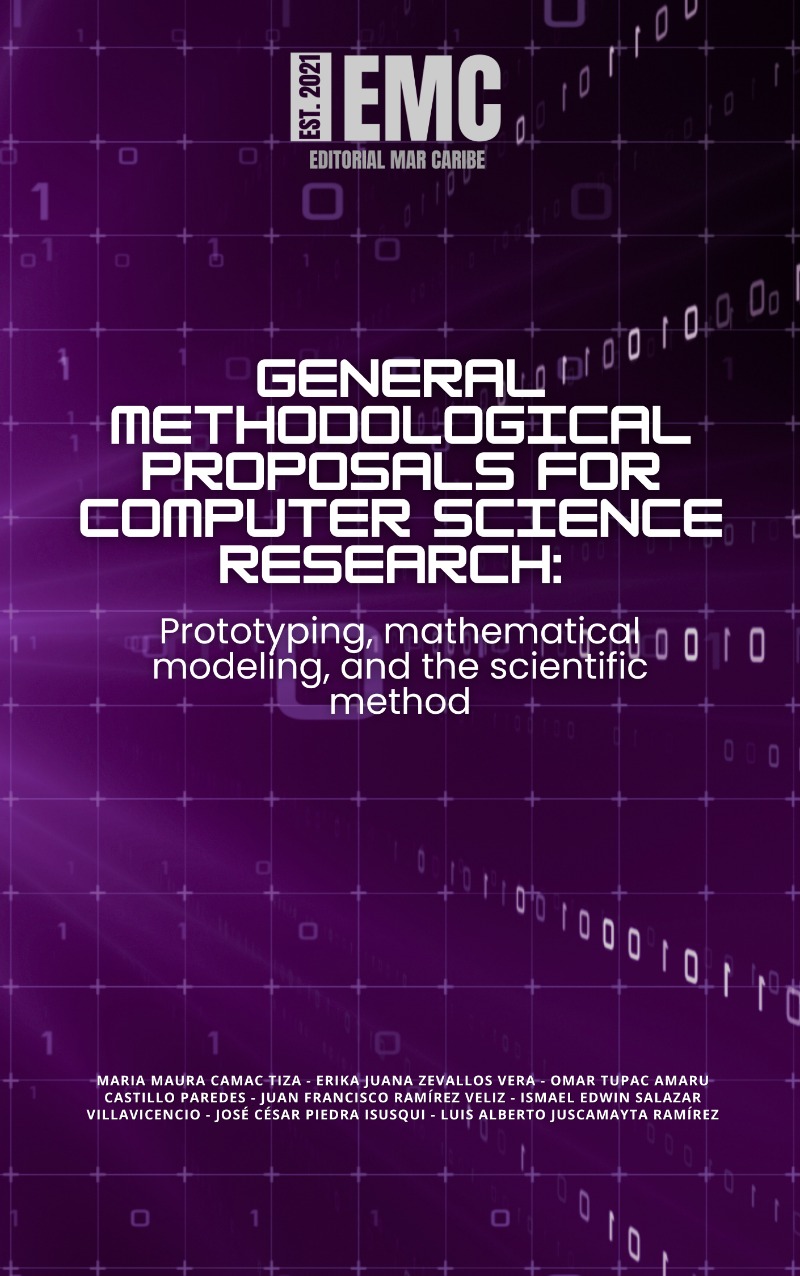
General methodological proposals for Computer Science research: Prototyping, mathematical modeling, and the scientific method
Zevallos Vera, Erika Juana
Castillo Paredes, Omar Tupac Amaru
Ramírez Veliz, Juan Francisco
Salazar Villavicencio, Ismael Edwin
Piedra Isusqui, José César
Juscamayta Ramírez, Luis Alberto
Editorial:Editorial Mar Caribe
Materia:Investigación
Clasificación:Investigación científica
Público objetivo:Profesional / académico
Publicado:2025-10-03
Número de edición:1
Número de páginas:0
Tamaño:5Mb
Precio:$860
Soporte:Digital
Formato:Pdf (.pdf)
Idioma:Inglés
Libros relacionados
Reseña
Computer science researchers have three main approaches that they can take when conducting research: prototyping, mathematical modeling, and the scientific method. These three approaches present their own advantages and are appropriate for certain types of research questions.
- Prototyping gives researchers a way of developing working models of their ideas that can be tested and iterated on.
- Mathematical modeling is a way of conceptualizing the world in abstract terms, enabling researchers to test systems and predict responses.
- Meanwhile, the scientific method provides a systematic procedure for inquiry, involving hypothesis generation and empirical testing.
In turn, these techniques intersect with each other to make the research landscape rich in forms of engagement and tools to address issues.
For example, a researcher can start with a mathematical model to gain a theoretical understanding of a problem, and this may lead to the use of prototyping to eventually validate and improve performance in practice.
Alternatively, researchers could use the scientific method to help address their findings systematically, ensuring that their conclusions are backed by strong evidence.




